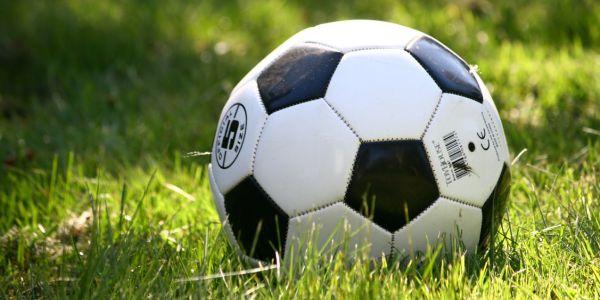
Respond to Team Loss like a Pro
In team sports, a delicate balance is required when a player looks for possible explanations after a loss.
To win a team competition, more than one person is required. The same is true for losses, rarely is one person responsible for the loss.
Typically, there are three ways to evaluate your performance:
1. Pointing the Finger – Placing the blame squarely upon your teammates stunts your growth as an athlete. Also, it causes conflict within the team, holding them back from optimally functioning as a group.
Pointing the finger sounds like this, “It wasn’t my fault we lost. If my teammates played better defense, we would have won.”
2. Blaming Yourself – Blaming or berating yourself for a loss chips away at your confidence, negatively affecting your potential future contribution to the team.
An example of blaming yourself is saying, “I stink. I keep making the same mistakes over and over. I cost us the game today and maybe even a playoff spot.”
3. Evaluating Objectively – Analyzing losses objectively is vital to understanding what went wrong collectively and individually. This approach allows you to work on your mistakes, learn, and elevate your game.
When every teammate follows this approach, a loss can galvanize the team and increase the likelihood of achieving their seasonal objectives.
An objective evaluation can be accomplished by asking yourself a few simple questions: “Did tactical errors, a lapse in communication, execution, or the game plan contribute to the loss? What was my role in the outcome?”
Evaluating performance after a loss, as a team and individually, helps identify actionable solutions and brings the team together to work towards a common goal.
After a 26-21 loss to the Seattle Seahawks, the New York Jets dropped to a 3-9 record for the 2024 NFL season…
Jets quarterback Aaron Rodgers had one of his worst games of the season, completing 21 of 39 passes for 185 yards.
After the game, Rodgers offered an explanation for his struggles and lack of production while distributing the blame to the team as a whole.
RODGERS: “Well, there are 11 guys on the field. Sometimes, it’s my fault. Definitely multiple times today. And then the details aren’t there in some other spots, too.”
Jets running back Breece Hall, who fumbled in the third quarter, blamed himself for the loss and was highly self-critical after the game.
HALL: “I feel like this year has probably been the most trying year of my life … If I can’t take care of the ball, I shouldn’t be in the game. So, I have to be better, and I felt like today I lost us the game.”
No one benefits when you assign blame to your teammates or blame yourself for a loss. Evaluating performance should always aim to uncover insights, not excuses.
Striking this balance helps build a positive team culture where losses become opportunities to grow stronger as a team.
In team sports, finding the right balance between taking responsibility for a loss and seeking explanations is essential for personal improvement, team cohesion, and team play.
After identifying what lead to losing, shift focus to actionable strategies….
What changes can be made in training, preparation, or on-field execution to improve for the next game?
Learn and grow from the loss rather than assign blame to others.
Related Sports Psychology Article
- How to Deal with an Unexpected Sports Loss
- How Athletes Respond to a Loss
- How to Evaluate Losses for More Confidence
The Fearless Athlete (Digital Download)

“The Fearless Athlete” audio and workbook program helps you overcome fear and anxiety to perform with trust and confidence. Learn how to overcome the mental handcuffs of perfectionism and fear of failure, leading you to perform with unshakeable trust in your skills.
“With the use of the ‘The Fearless Athlete’ and ‘Ultimate Sports Parent’ workbooks, I see subtle but significant results in a short period of time. My young athlete did not even know about positive self-talk until we started the program.”
~Adam, Sports Parent
